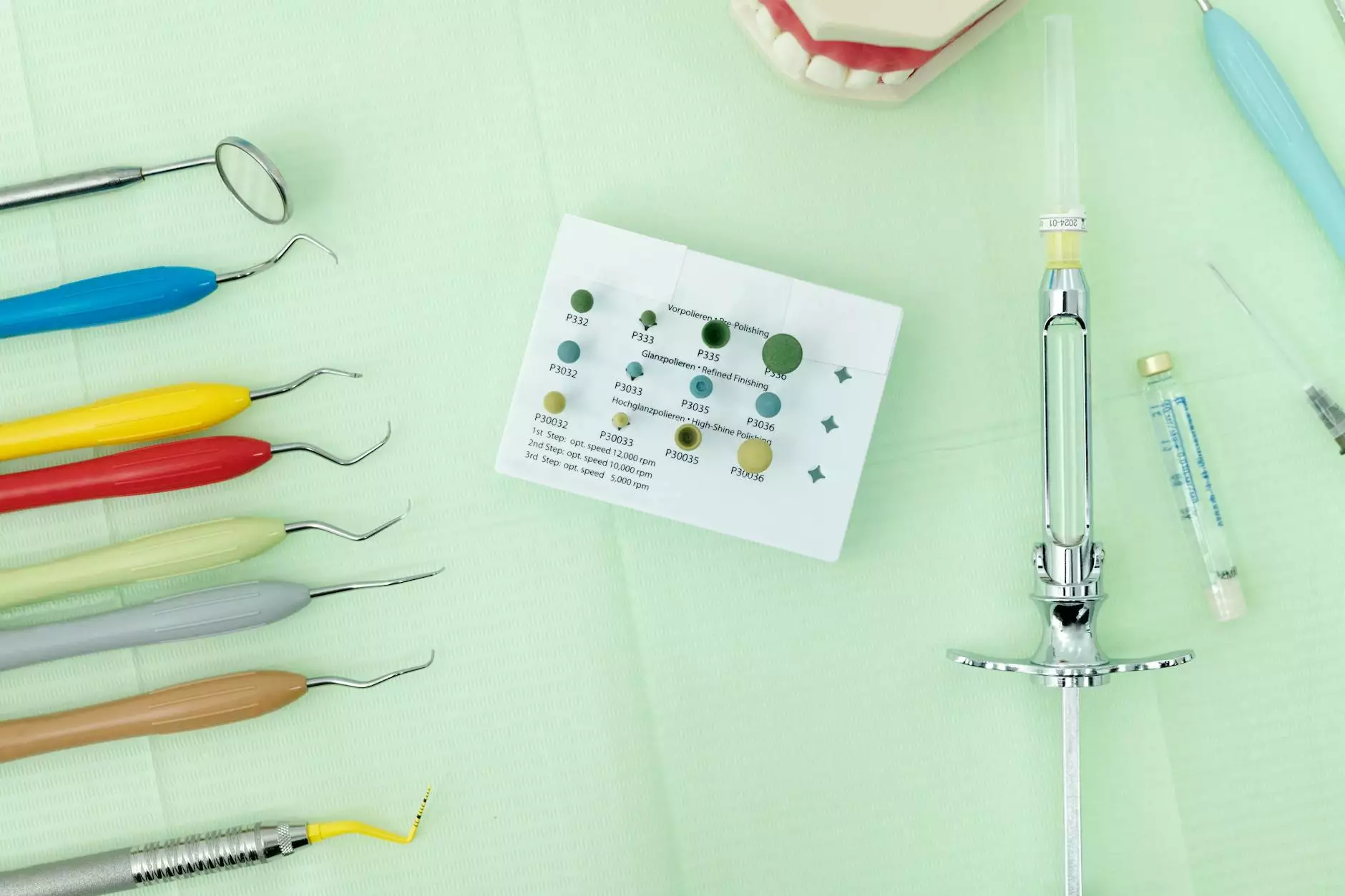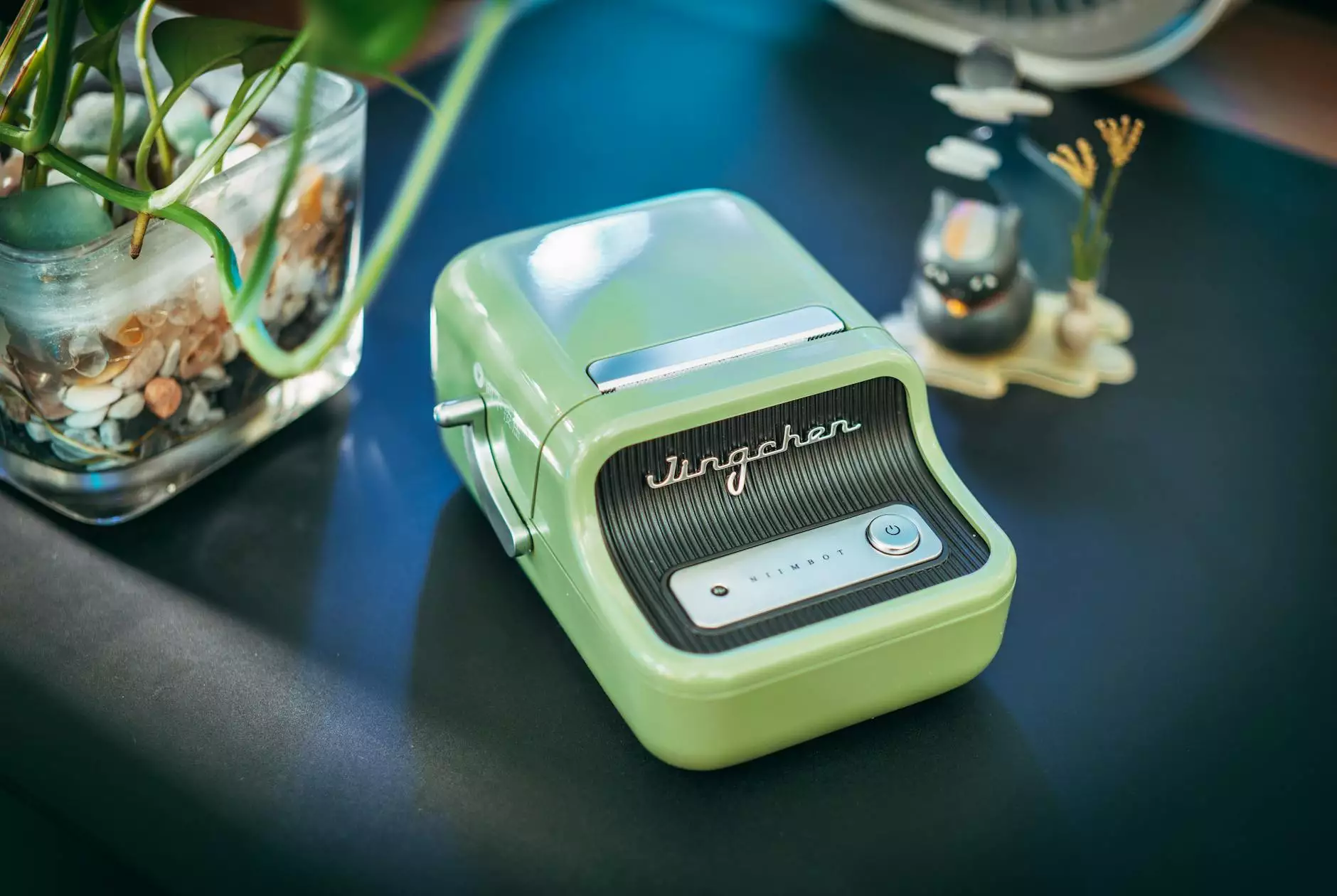Understanding and Choosing the Right Trailer Door Latch Lock

In today's world, ensuring the security of your belongings is paramount, especially when it comes to trailers that often carry valuable items. One of the most critical components in achieving this security is the trailer door latch lock. This article will delve deeply into the various aspects of trailer door latch locks, including their importance, types, installation, maintenance, and factors to consider when choosing the right one for your needs.
Why a Trailer Door Latch Lock is Essential
The significance of having a robust and reliable trailer door latch lock cannot be overstated. Here are some reasons why investing in a quality lock is essential:
- Security: A sturdy latch lock acts as the first line of defense against theft or unauthorized access.
- Protection: It safeguards your cargo from weather elements and other potential damages.
- Peace of Mind: Knowing your belongings are secured provides peace of mind during transport.
Types of Trailer Door Latch Locks
When selecting a trailer door latch lock, understanding the different types available can help you make an informed decision. Here are some common types:
1. Slide Bolt Locks
Slide bolt locks are simple yet effective. They consist of a bolt that slides into a receiving bracket, securing the door when closed. They can be locked with a padlock for additional security, making them a popular choice for many trailer owners.
2. Cam Locks
Cam locks feature a rotating cam that secures the latch. These locks are typically used in applications where space is limited, and they offer decent security. They are easy to operate and can be locked with a key or a combination.
3. Padlocks
Padlocks provide versatility as they can be used with various latch types, including hasps and slide bolts. They come in various sizes and security ratings, allowing you to choose one that best fits your needs.
4. T-Handle Locks
T-handle locks are designed for use on cargo trailers and offer a convenient way to secure and access trailer doors. These locks can be operated easily with a key and provide a streamlined look.
5. Specialty Locks
These locks are designed for specific applications, such as enclosed trailers or horse trailers. They may have unique locking mechanisms and features tailored to particular needs.
How to Choose the Right Trailer Door Latch Lock
Choosing the right trailer door latch lock involves considering several factors:
1. Assess Your Security Needs
Not all trailers require the same level of security. If you transport high-value items, a more robust locking system may be necessary. Evaluate the contents of your trailer and the potential risks involved.
2. Consider the Type of Trailer
The type of trailer you own can influence your choice of lock. Enclosed trailers may require different locks compared to open trailers. Understanding your trailer's design and intended use will guide your decision.
3. Evaluate Ease of Use
While security is vital, you also need a lock that is easy to operate. Locks that are difficult to open can become a nuisance and may discourage you from securing your trailer properly.
4. Material and Durability
The materials used in the construction of the trailer door latch lock are important. Look for locks made from high-quality, weather-resistant materials to ensure longevity and reliability.
5. Installation Requirements
Consider whether you will be installing the lock yourself or hiring a professional. Some locks require specialized tools or knowledge for proper installation.
Installing Your Trailer Door Latch Lock
Installation of a trailer door latch lock can vary depending on the type of lock you choose. Here are general steps to guide you through the installation process:
1. Gather Your Tools
You will need basic tools such as a drill, screwdriver, measuring tape, and possibly a wrench for installation. Ensure you have everything ready before starting.
2. Measure and Mark
Accurate measurements are crucial. Measure the height and position where you want to install the lock and mark the points for drilling. Double-check your measurements to ensure the lock operates smoothly.
3. Drill Holes
Using a drill, create holes where you have marked. Be cautious not to drill too deep and ensure the holes align with the locking mechanism.
4. Install the Lock
Fit the lock into place according to the manufacturer's instructions. Secure it using the provided screws or hardware.
5. Test the Lock
Before completing the installation, test the lock to ensure it operates smoothly and provides a secure fit. Make any necessary adjustments.
Maintaining Your Trailer Door Latch Lock
Maintaining your trailer door latch lock is crucial for ensuring its longevity and effectiveness. Here are some tips:
- Regularly Inspect: Check your lock regularly for any signs of wear or damage.
- Lubricate: Use a silicone-based lubricant to keep the mechanism functioning smoothly.
- Clean: Remove debris or dirt from the lock to prevent it from jamming.
- Replace When Necessary: If you notice any issues that can't be fixed, consider replacing the lock for enhanced security.
Advantages of Choosing Quality Trailer Door Latch Locks
Investing in a high-quality trailer door latch lock offers numerous advantages, including:
- Enhanced Security: Quality locks provide better protection against theft.
- Durability: They are built to withstand the elements and resist wear and tear over time.
- Reliability: A good lock gives you confidence that your trailer is secure.
- Peace of Mind: Knowing you have a reliable lock lets you focus on other aspects of your journey.
Conclusion
When it comes to securing your trailer, the trailer door latch lock plays a crucial role. By understanding the types available, how to choose the right lock, its installation, and maintenance, you can ensure your trailer remains safe and secure. As a part of the categories of Keys & Locksmiths and Hardware Stores, making informed choices in selecting your lock not only protects your valuables but also enhances your overall peace of mind during your travels. Don't compromise on security; choose wisely for your trailer’s locking needs.



